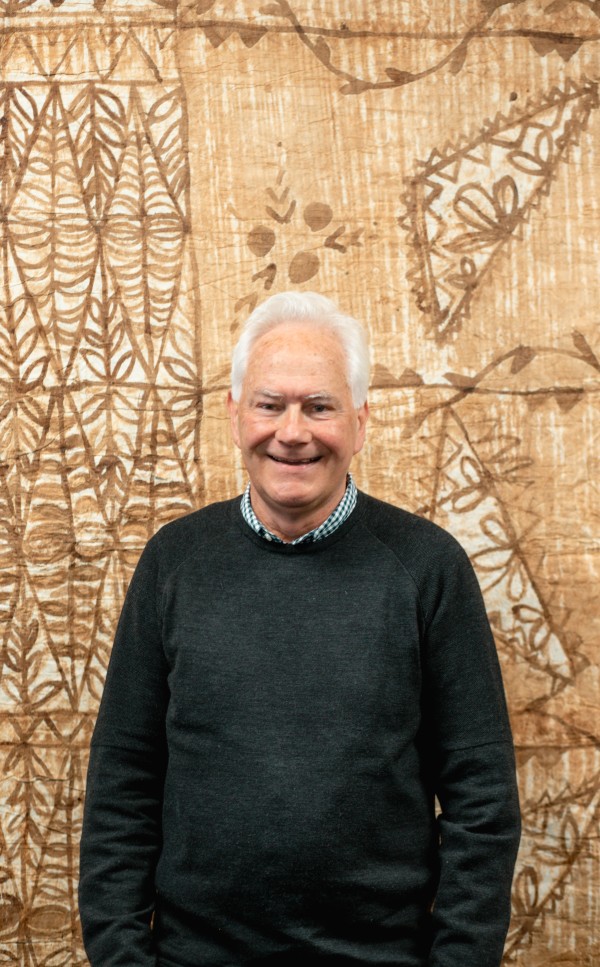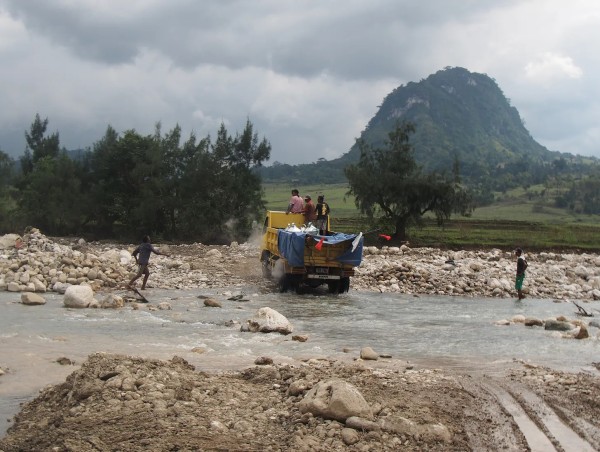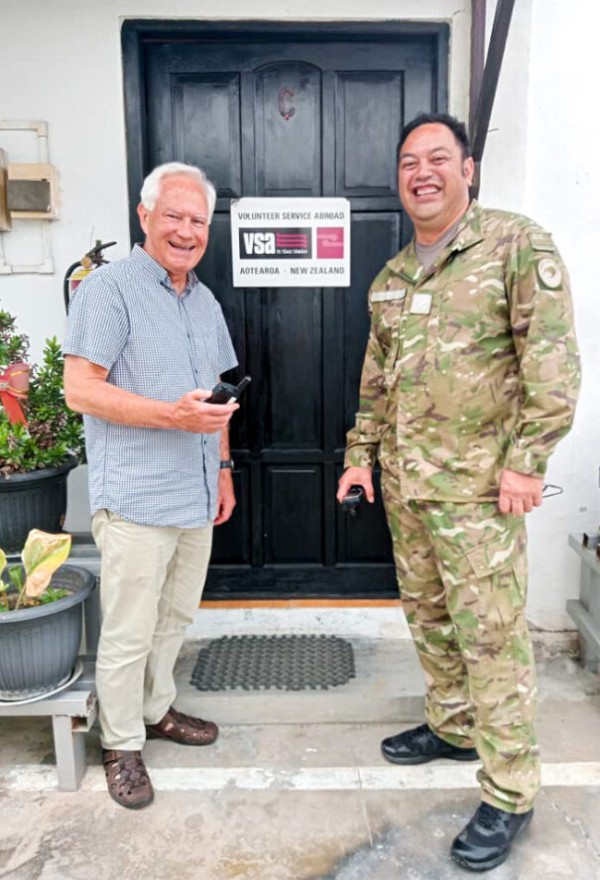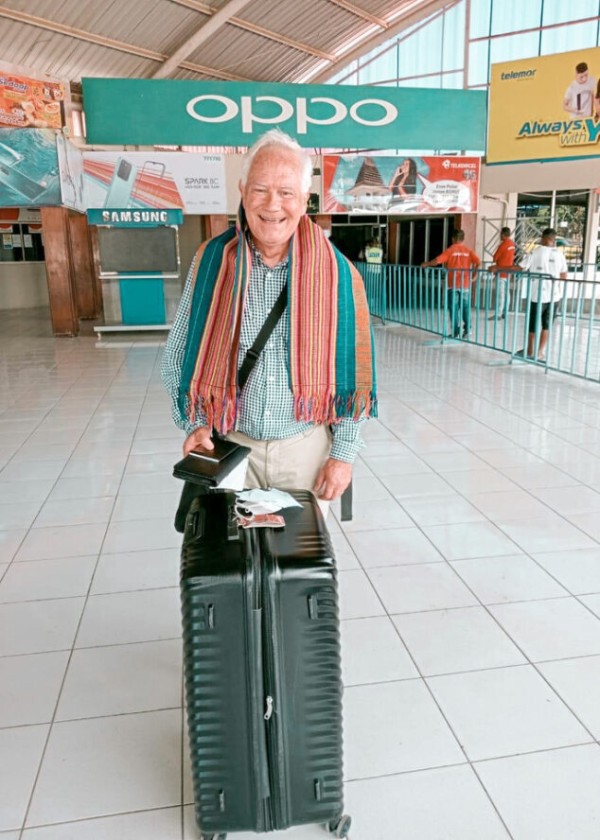Meet VSA volunteer, Alastair Gordon, who’s picked up a second assignment in Timor-Leste with Kaebauk Investimentu no Finansas (Kaebauk). Kaebauk serves to provide loan and deposit products to Timorese nationals. Mainly offered in rural areas, it lays its focus on offering financial services to unbanked low-income entrepreneurs. Alastair is a Marketing Adviser for Kaebauk and works around helping this micro-finance organisation make more Timorese aware of their services. Here's a quick look at Alastair’s work with KIF…

Give us an insight into your Partner Organisation—who they are and what are their goals.
Kaebauk (KIF – Kaebauk Investimentu no Finansas provides loans and deposit services to the unbanked, the rural poor, and micro & small enterprises. Rural Timor-Leste has poor access to banking facilities. Households often cannot physically access normal banks due to the rough terrain and geography of Timor-Leste, poor internet connectivity, or the lack of credit history makes it hard for people to access credit. Kaebauk steps into this void, with local agents that go out and talk to farmers and small business owners and arrange finance. Kaebauk’s mission is, “To provide microfinance and allied services to a large number of poor entrepreneurs and underserved communities and so improve the quality of lives of families and empower women”. Currently, 65% of our clients are women and we offer loans for agricultural development, education, housing improvement, and small businesses.
How have Kaebauk’s loans helped farmers and small business owners of Timor-Leste?
Most of Kaebauk’s loans are small - from $50-$5,000. They’re used for things like enabling a woman entrepreneur to set up a small sewing business, helping a banana farmer buy a Ute to get his crop to market or even in one case letting a tomato grower buy a load of goat's poo to make natural compost! As a result of these small investments, the rural entrepreneurs achieve a better return, increase their income, and ultimately, have a better quality of life. Kaebauk puts a huge effort into providing credit carefully, while simultaneously helping the lenders understand the financial risks and their capacity to repay loans. As a result, few people default on their loans.

How do you help Kaebauk achieve its goals?
I provide mentoring, management, and marketing support to help Kaebauk improve its service delivery, develop better services, and understand customer needs better. I’m lucky to be able to work with both senior management on future developments (e.g. the development of future digital services in rural areas utilising smartphones), and at more grassroots levels, helping Kaebauk trainers improve the ways field staff communicate with customers and obtain feedback.
Wins you’ve had while being on assignment.
One big thing has been helping the senior management understand that marketing is not just a cost, but a necessary investment if they want to make more Timorese aware of their services – which in turn will lead to the economic empowerment of more poor households. Other highlights include—witnessing the happy look on my counterpart's face after she made use of an interview template, that I’d helped her design, to get better feedback from rural customers. She found she was able to use these to tell better, more realistic stories about how Kaebauk’s services empower families and I think this helped her, in turn, feel proud of her work and contribution.

What have you enjoyed about your time in Timor Leste?
I’ve loved going around KIF’s customers – just seeing their pride in how a tiny loan has empowered them – you really feel you’re making a difference. More generally, Timor-Leste is just a fascinating mix of cultures—Asian, Pacific, Portuguese, and others, and the geography and landscape are wonderful. It’s a brilliant place to travel and live. But above all, it’s the people – their friendliness and resilience are inspiring.
What advice would you give to those considering a volunteering assignment in the Pacific?
Say “Yes” to any opportunities to meet people and travel to the districts – it’s rough going, but an absolutely wonderful experience. For your first month (at least), your job on assignment is to observe and listen, not to tell and teach. The things weird, wrong, and wacky that you first notice often turn out to have a purpose and reason, and you need to give yourself a chance to dig below your initial, superficial impressions.

